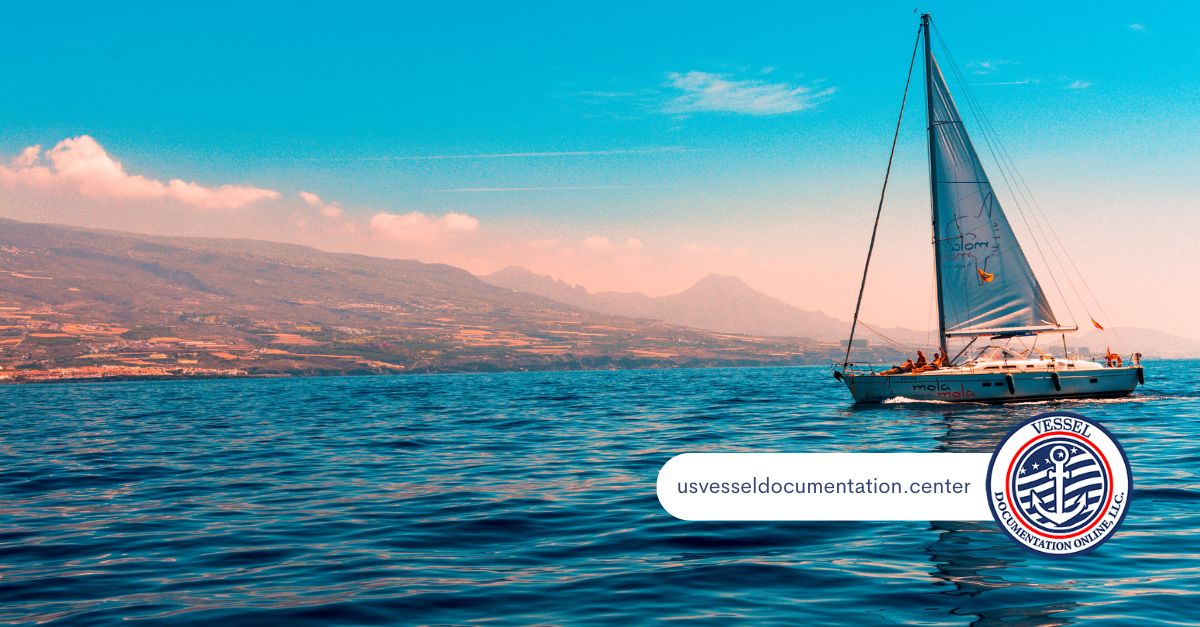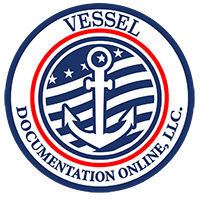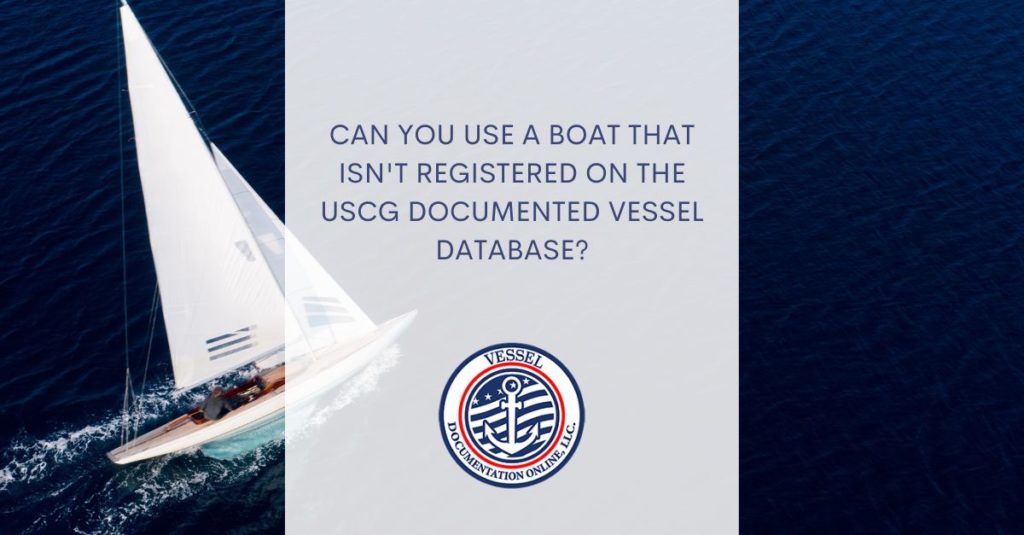The USCG documented vessel database is in existence for legal reasons, so you can use a boat that isn’t registered, but it requires some legal paperwork to get it done. This applies to many boats, including those manufactured outside the United States and those that are used to carry passengers from place to place. If your boat qualifies, you can operate your boat with a MARAD small boat waiver. This guide will tell you everything you need to know about it.
What is the MARAD Small Vessel Waiver?
To stay compliant with the Jones Act, a boat must be manufactured in the United States if it is to be used for commerce. The MARAD small vessel waiver was created for use by boats manufactured outside the country. This allows such vessels to contribute to commerce in the United States, getting around the rules of the Jones Act. However, you will still have to abide by regulations, so keep reading to find out what they are.
What Are the Requirements?
There are some guidelines you must adhere to if you want to be eligible for the MARAD waiver. The most important is that your vessel must be at least three years old. It cannot carry more than 12 passengers at one time and it can only be used for passenger transport. That means you cannot use your vessel for other commerce endeavors, including towing, moving cargo, fishing or salvage. You can fish from the boat, but cannot sell what you catch. And, lastly, the owner of the boat must be a United States citizen.
Statements You Need to Forgo Registration in the USCG Documented Vessel Database
To be approved for the MARAD waiver and get around USCG registration, you will need to provide several statements. This is done for the purposes of stating your intent in regards to how you plan to use the boat, as well as to prove your understanding of the purposes of the vessel. One statement is the “impact the vessel will have on other commercial passenger vessels,” with a description of the process of the existing operators. You will also need to provide a statement of “the impact the waiver will have on US shipyards.” These statements ensure that your operations won’t hinder the operation of other American commerce endeavors.

Waiver Approval
You cannot operate your vessel for passenger transport until your MARAD waiver is approved. Once approved, you can proceed with business, but must also adhere to all other regulations, including a regular vessel inspection, having the proper documentation on hand at all times, and all other United States Coast Guard rules and guidelines. It’s a good idea to keep your paperwork in an accessible location that is clean and dry so that you can get to it when you need it.
If you’re feeling overwhelmed about the process and what the USCG documented vessel database can do for you, the US Vessel Documentation Center is here to help. Contact us today and we can guide you through the MARAD waiver process and answer your questions about the vessel database.




